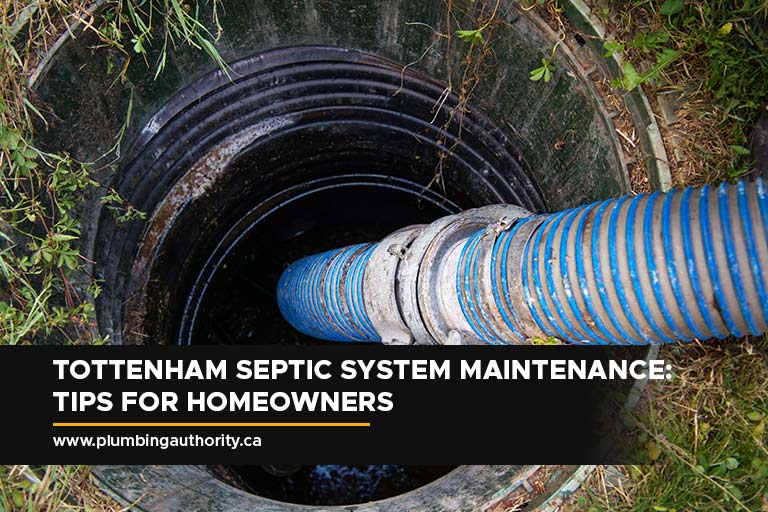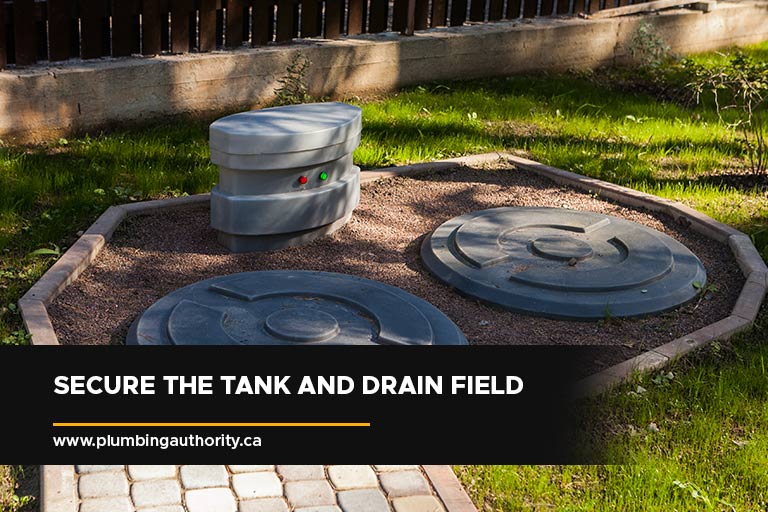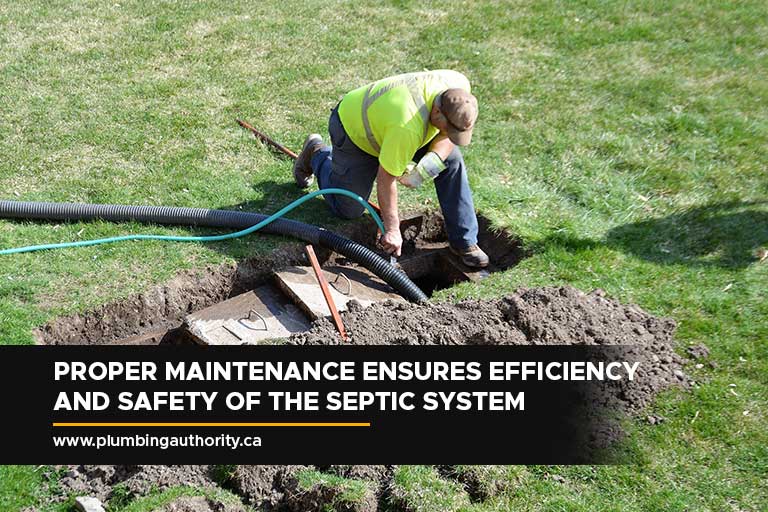
A properly functioning septic system is crucial for the health and safety of your household and the environment. By following simple maintenance tips, homeowners can ensure their system operates efficiently for years to come.
Maintaining your septic system doesn’t have to be a daunting task. With regular care and attention, you can prevent common problems such as backups, odours, and system failures. This guide provides a comprehensive look at the essential practices for keeping your septic system in top condition, safeguarding your home’s value, and contributing to the well-being of your community.
Key Septic System Maintenance Tips
Before diving into the tips, it’s crucial to understand the importance of septic system maintenance. Regular upkeep prevents pollution, protects public health, and saves money on costly repairs. Here are ten key tips to maintain your septic system effectively:
- Inspect and Pump Frequently: Hiring a professional to inspect and pump your septic tank every 1-3 years is critical for its longevity. This routine maintenance prevents sludge and scum build-up, which, if unchecked, could lead to the overflow and malfunction of the system. Regular pumping keeps the system functioning efficiently, avoiding the costly and unpleasant consequences of a system failure.
- Use Water Efficiently: Efficient water use is paramount in maintaining a healthy septic system. By fixing leaks, installing water-saving devices, and managing water consumption, homeowners can prevent the septic system from becoming overloaded. This not only ensures the system operates effectively but also contributes to its durability, preventing premature malfunctions and expensive repairs due to system stress.
- Dispose of Waste Properly: Flushing non-biodegradable items disrupts the delicate balance within a septic system, leading to blockages and damage. By ensuring only human waste and toilet paper are flushed, homeowners can prevent the clogging of pipes and protect the bacteria essential for breaking down solids. This simple practice maintains system efficiency and prevents costly cleanups.
- Maintain Your Drain Field: The drain field plays a crucial role in the septic system, treating wastewater by allowing it to filter through the soil. Keeping the area clear of heavy objects and planting grass helps prevent soil compaction and erosion, ensuring the field remains effective. Proper drain field care is essential for the longevity of the septic system and prevents environmental contamination.
- Avoid Disposing of Hazardous Chemicals: Hazardous chemicals pose a significant risk to septic systems by killing the bacteria that are vital for decomposing waste. Proper disposal of these substances ensures the health of the septic system and prevents contamination of groundwater. Homeowners should be vigilant in avoiding the introduction of harmful chemicals into their systems to maintain functionality.
- Limit Garbage Disposal Use: Garbage disposals increase the amount of solids entering the septic tank, which can lead to blockages and require more frequent pumping. By minimizing their use, homeowners can significantly reduce the risk of clogs and prolong the pumping intervals, ensuring the septic system remains efficient and reducing maintenance costs.

Secure the tank and drain field
- Protect the Tank and Drain Field: Physical damage to the septic tank and drain field can lead to costly repairs and system dysfunction. By preventing vehicles, heavy equipment, and livestock from exerting pressure on these areas, homeowners can avoid damage to the system components and ensure its continued efficiency and effectiveness.
- Regularly Inspect for Leaks and Breaks: Early identification of leaks or damage in a septic system can prevent minor issues from escalating into major repairs. By regularly checking for signs of failure, homeowners can address problems promptly, saving money and protecting the environment from potential contamination resulting from system leaks or breakdowns.
- Keep Accurate Records: Detailed records of maintenance, inspections, and repairs help homeowners manage their septic system’s health and anticipate future needs. These records are crucial for troubleshooting issues and ensuring that the system receives the necessary care, thereby extending its lifespan and preventing unexpected failures.
- Educate Your Household: Educating household members about what should not be disposed of down the drains is crucial for septic system maintenance. Proper education ensures that harmful materials do not enter the system, preserving its functionality and efficiency. This collective effort helps in avoiding unnecessary repairs and prolongs the life of the septic system.
Why Maintain Your Septic System

Proper maintenance ensures efficiency and safety of the septic system
Maintaining your septic system is not just about preventing unpleasant odours or backups; it’s a crucial practice that ensures the health and safety of your household and the environment. Proper care extends the life of your system and saves you from incurring high repair costs.
- Environmental Protection: By keeping your septic system in good working order, you help prevent harmful pollutants from leaching into the environment, thereby protecting water quality and supporting the health of local wildlife and ecosystems.
- Cost Savings: Timely maintenance of your septic system helps identify and address minor issues early on, avoiding the escalation into serious problems that could necessitate costly emergency interventions or a full system replacement.
- Property Value: An efficiently functioning septic system contributes significantly to the overall appeal and value of your property. Conversely, a failing system can lead to decreased property values and challenges in selling your home.
- Health and Safety: Regular septic maintenance is crucial for preventing the overflow and leakage of untreated sewage, which can carry harmful pathogens. This safeguards the health of your family and the broader community from potential infections and diseases.
- System Efficiency: Routine inspections and pumping are essential for maintaining the efficiency of your septic system. This ensures it can effectively treat and dispose of household waste, thus prolonging the system’s life and preventing malfunctions.
- Regulatory Compliance: Adequate maintenance of your septic system ensures compliance with local health and environmental regulations, helping you avoid legal issues, fines, or penalties that can arise from negligence or system failures.
Maintaining your septic system is an integral part of responsible homeownership in Tottenham. By following the tips outlined above, you can ensure your system remains healthy, thus protecting your investment and the environment. Remember, a little preventative maintenance can go a long way towards avoiding costly repairs and ensuring the smooth operation of your septic system.
For professional assistance with your septic system, don’t hesitate to contact Plumbing Authority at (647) 992-7473. Our team of experts is ready to help with inspections, maintenance, and any repairs you might need. Keeping your septic system in top condition is our priority.




